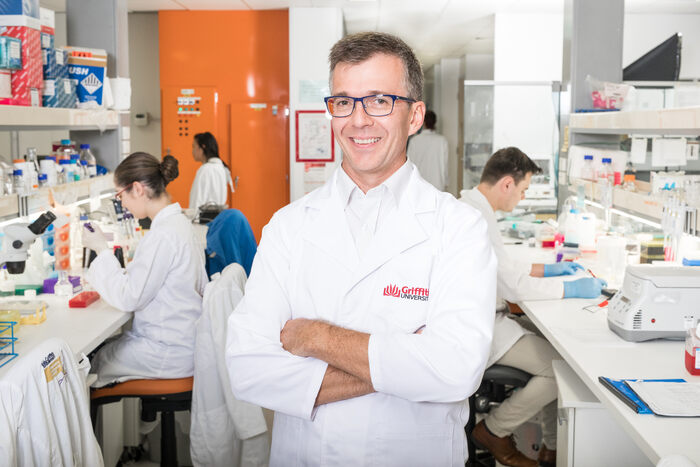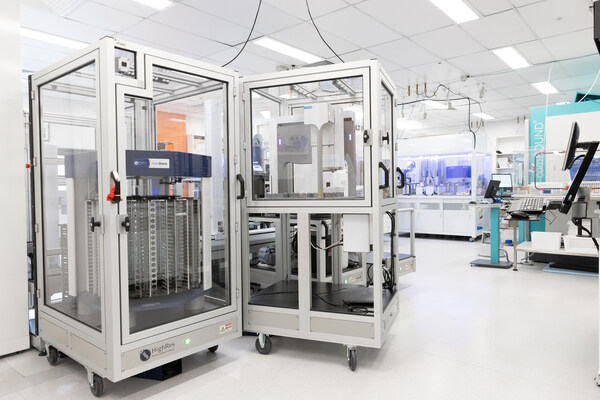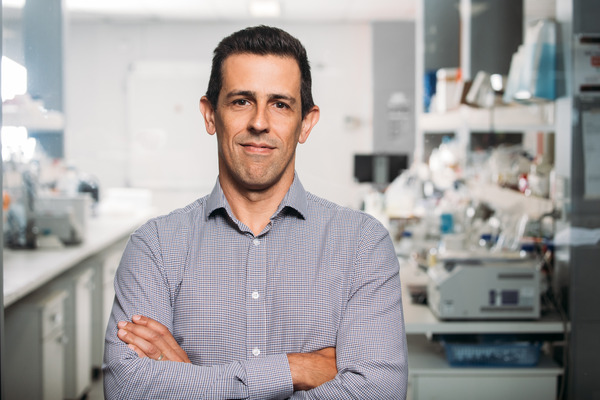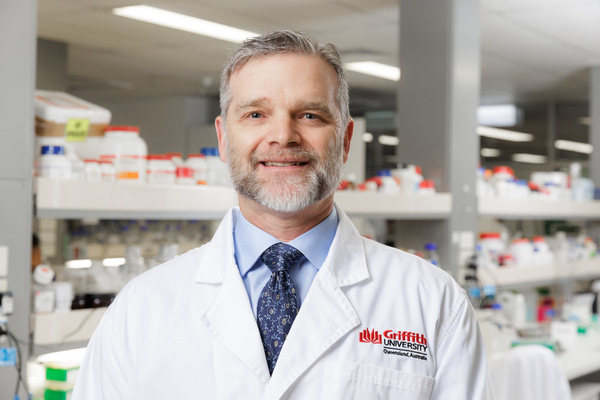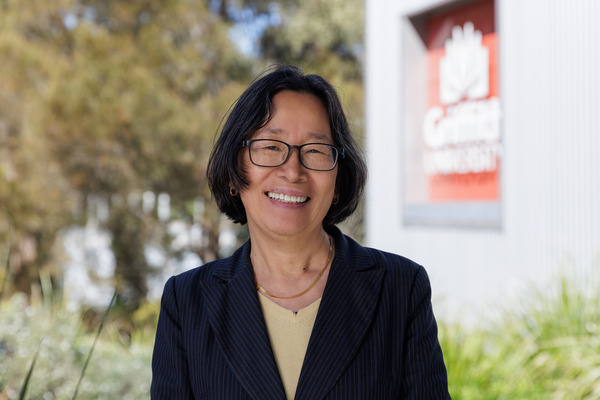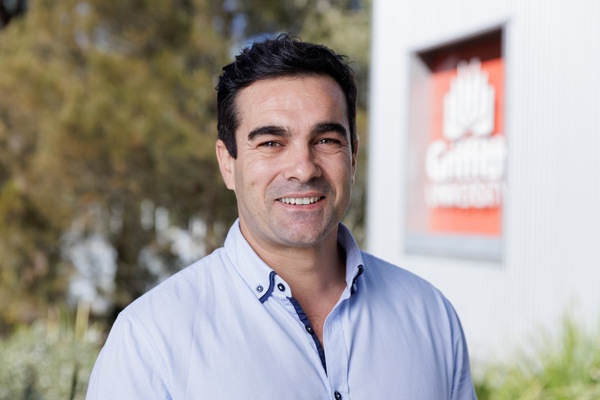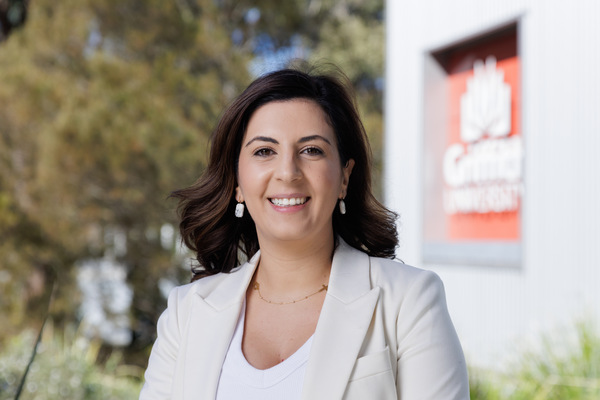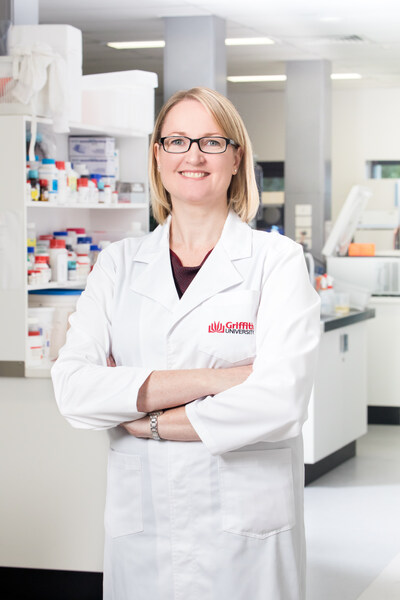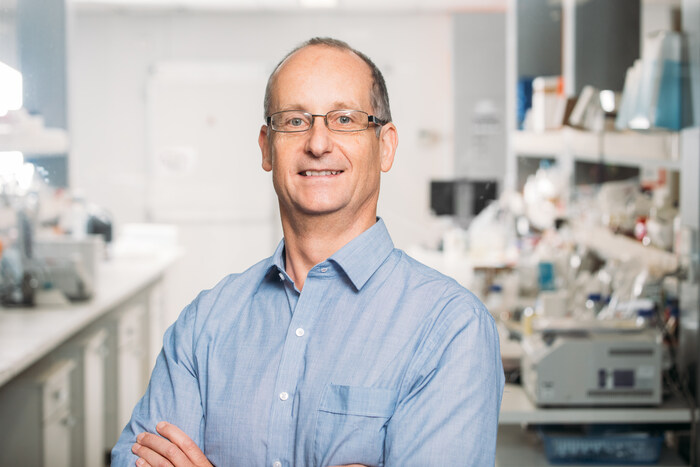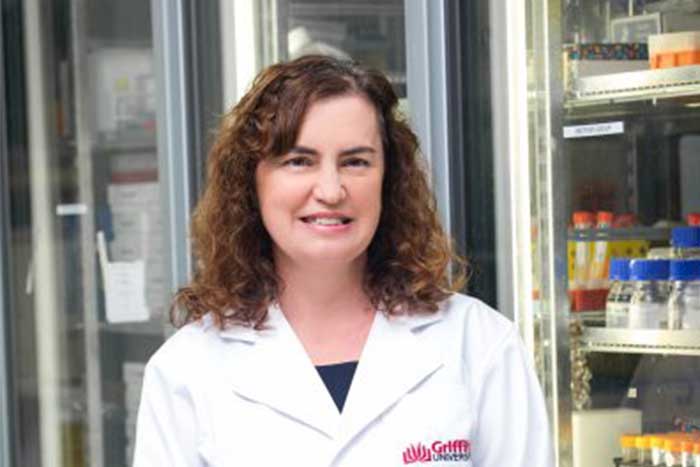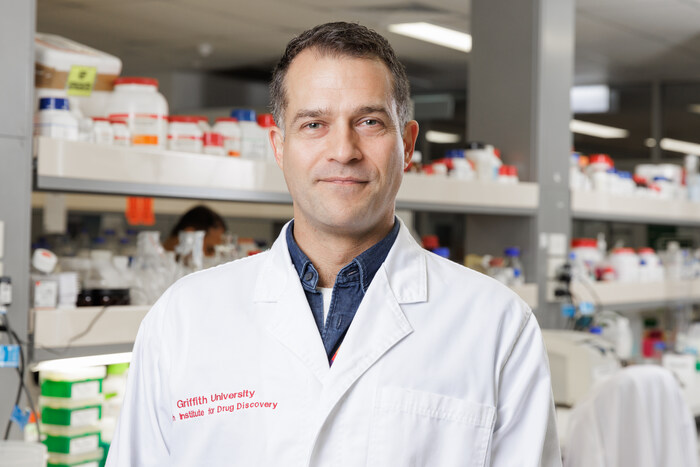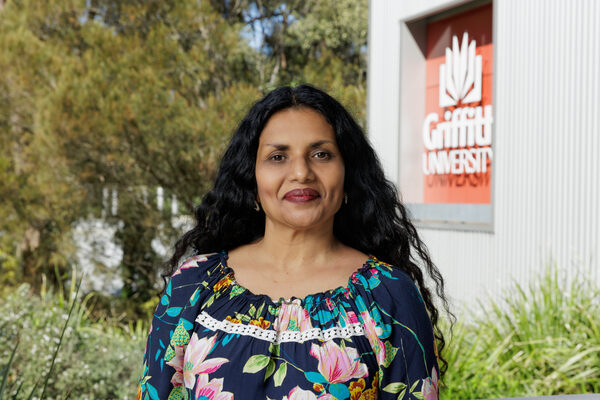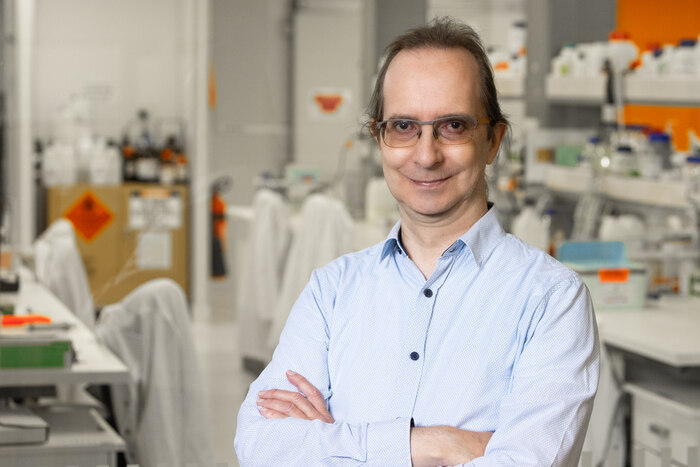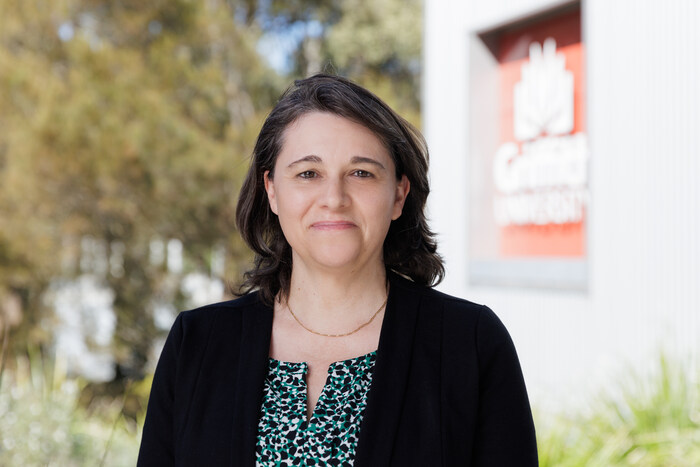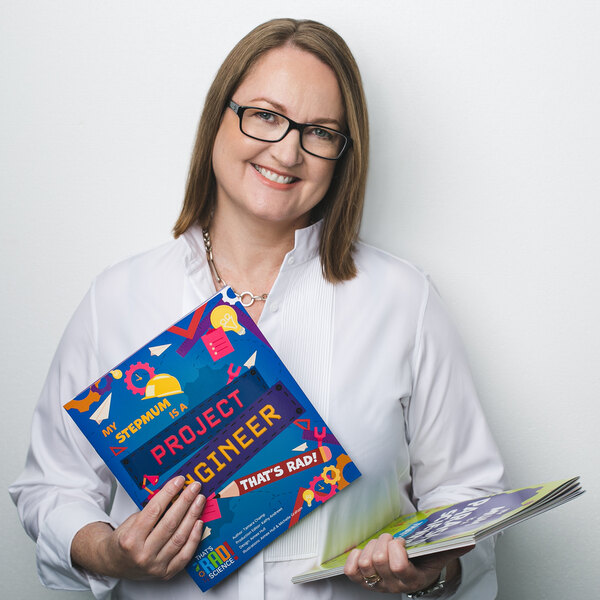A holistic approach incorporating patient input is being used by the Queensland Parkinson’s Project to achieve positive outcomes for Parkinson’s Disease sufferers.
In order to generate high impact in the fight against Parkinson’s Disease, Professor George Mellick and his team at the Griffith Institute for Drug Discovery (GRIDD), Griffith University, employ a holistic approach that allows them to collect information from their most important collaborators – Parkinson’s patients themselves.
“For over 10 years, Parkinson’s disease dropped bombs on our family at regular intervals, Mum eventually died at home last year. If there is any condition that requires more research, it is Parkinson’s Disease. Even a small improvement in the available medications might have given us some relief. If we had known how to prevent this condition, or detect it earlier, we might not have been mystified by the unexplained symptoms, regular falls and strange hallucinations. We need to help researchers, like Professor George Mellick, to solve the puzzle of this debilitating disease by donating to research. The more knowledge we have, the more we can improve quality of life for so many people,” said the daughter of a patient with Parkinson’s.
Parkinson’s Disease is estimated to affect more than 100,000 Australians with an economic burden of $10 billion annually. And as our population ages, we can only expect these numbers to grow. Parkinson’s Disease has no cure, we can’t predict who will get it, its symptoms can present differently in each patient, and it is caused by multi-factorial genetic and environmental contributors. Importantly, it’s also not known when the disease actually starts in patients, so medications are often given too late for them to be at their most effective.
Parkinson’s is most commonly associated with movement symptoms such as tremors, muscular stiffness, and balance issues. However, the disease has other debilitating symptoms, including anxiety, depression, cognitive impairment, fatigue and sleep disturbance.
Through the Queensland Parkinson’s Project, Professor Mellick and his team work to obtain and study both biological specimens (e.g. blood, DNA, and cell-lines) and clinical information collected through interviews with Parkinson’s sufferers and healthy volunteers. This allows for a multipronged approach to studying the genetic, environmental and lifestyle factors that contribute to this complex disease. It also allows for the study of the wide range of Parkinson Disease presentations and sub-types.
The project began over 20 years ago and its resources include a register of over 4000 participants and over 200 human cell lines housed in GRIDD’s Neuro Bank facility. The team has an ongoing study of Queenslanders (half with and half without Parkinson’s Disease) that is following their progress and testing key markers over 15 years.
Collectively this information can be used to discover new medications, help clinical decision making and allow for the reduction of disease-inducing environmental stressors. The data can also be shared with local and national government organisations for future health planning, such as pre-emptive funding commitments and access to health services.
But Professor Mellick’s work doesn’t end there – he actively takes part in community forums and presentations so as to update patients and their families and carers on the latest Parkinson’s research. In 2022 he gave over 10 workshops to patients and carers, doctors and other health professionals across Australia.
“I really appreciate how Professor Mellick can talk about complex scientific things in a way that is easy for us to understand and relate to. It’s helped us to answer some questions that have been bugging us about my husband’s Parkinson’s journey,” said a 2022 workshop attendee.
Professor Mellick and his team have embraced the complexity of Parkinson’s by bringing information together to hit multiple pain points related to this disease. Interacting with the Parkinson’s community allows for informed choices to be made not just in the laboratory, but also in relation to factors that impact patients’ everyday lives.
“I’m proud to play a part in improving the lives of those living with Parkinson’s Disease, their families, their carers and their friends,” said Professor Mellick. “I love talking with the patients, students, researchers and philanthropists who help move our work forward. Together, we are sure to initiate further positive outcomes for Parkinson’s suffers and their networks in future.”
The Queensland Parkinson’s Project is seeking philanthropic and general donations to progress their work. If you would like to contribute to their ground-breaking research, please find more information here:
We are very grateful for any individual or corporate donations and bequests. Through the GRIDD Director’s Circle you can also help provide career and personal development opportunities for GRIDD’s students and early career researchers.
If you would like to get involved in the team’s research:
Get Involved in Parkinson’s Research
Professor Mellick and his team are open to collaborations with industry and academic groups within the area of Parkinson’s Disease. To learn more about Professor Mellick’s research and his contact details:
To keep up to date with developments at GRIDD:
Sustainable Development Goals
Griffith University is aligned with the United Nation’s Sustainable Development Goals (SDGs) and is committed to advancing knowledge, innovation, and practices that promote holistic health and well-being.
